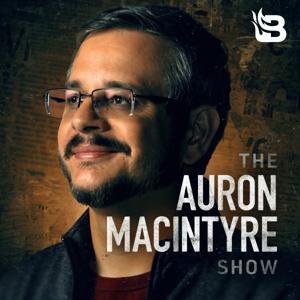I'm on the Internet, a Defender of God's Truth. I'm cocked and loaded. And... here come the _________. [Take your pick: Calvinists, Arminians, open theists, unitarians, trinitarians, Roman Catholics, Protestants, cultists, JWs, Mormons, universalists, exclusivists inclusivists, pluralists, Barthians, presuppositionalists, apologists, Muslims, Jews, atheists, liberals, evangelicals, fundamentalists, Emergent types, conservatives, Obama supporters, people who don't hate George W. Bush, Democrats, Republicans, homosexuals, homophobes, feminists, egalitarians, complementarians, sexists, creationists, evolutionists.]
Can you believe those people? How blind, how stupid, how ridiculous can they be? What business do they even have discussing such sacred things?
They need a good verbal whipping. I'll tell them how wicked, how worthless, how stupid, how conniving, how sneaky, how damned they are. If I weren't such an upstanding Christian man, I'd tell them what a bunch of worthless ******* they are. But, I won't - that wouldn't be Christlike. Instead, I'll bulldoze them with a surging mass of biblical texts and/or obviously crushing arguments, which will show up their stupidity for all to see. Bodies will fly left and right; I am a speeding train of Truth.
If they flinch, I'll inform that that what I'm giving them is nothing compared to what God will give them. Get on the train, or get out of the way. Go ahead and whine - I couldn't care less, you wicked, worthless scumbags.
I'm an agent of God's wrath. I only whip the right (wrong) people, so He appreciates my faithful whipping service. It is all for Him.
Right?
Well, let us hear God's word, and scrupulously obey it, whether among our own, or arguing with heretics, misguided Christians, unbelievers, members of other religions, or cult members.
* First, a brush-up on some basics, by Lady Wisdom, voice of the ancient Jewish sages.
* Then, the apostles James and Peter.
* Finally, the Lord Jesus himself lays down his standard, in no uncertain terms. It is to him that we'll have to give an answer.
This wisdom is sufficient to cure the proverbial odium theologicum. If you suffer from this affliction, I recommend repeated listens. This is, in every way, a better way. It is a pearl of great price.
I have, in one case, tampered with the text... can you tell which?
All music in this episode is by Chris Zabriskie. During the Proverbs, “That Kid in Fourth Grade Who Really Liked the Denver Broncos.” During James, “The Temperature of the Air on the Bow of the Kaleetan.” During Peter and Jesus, “John Stockton Slow Drag.”



























